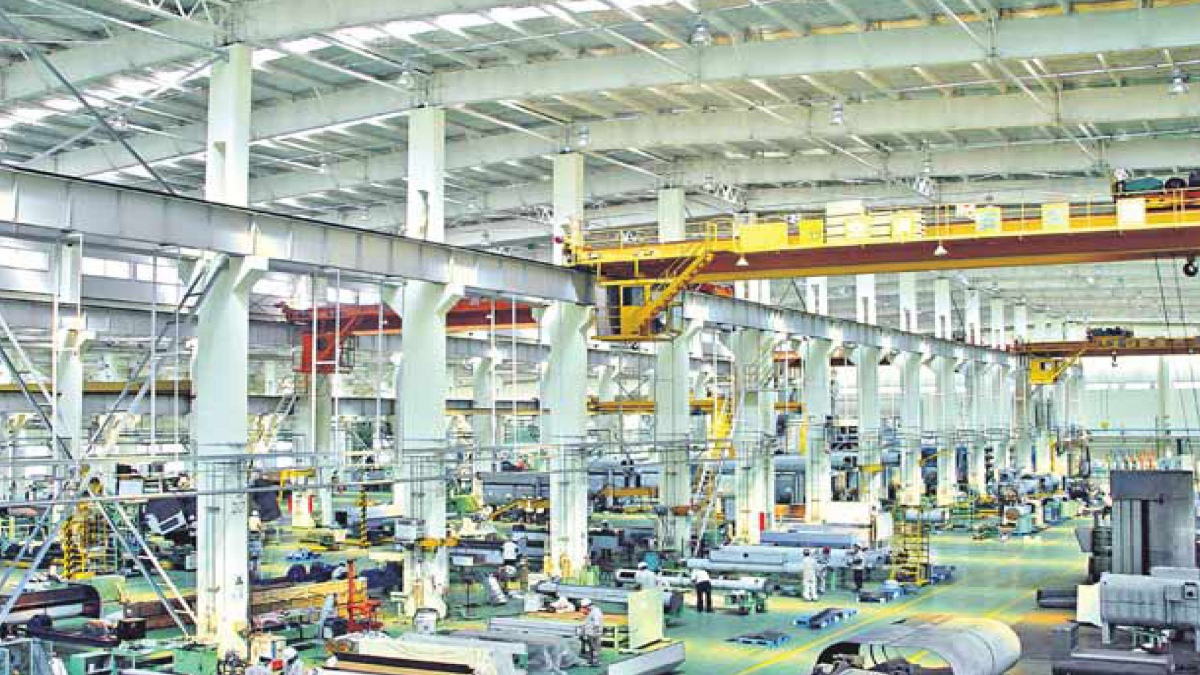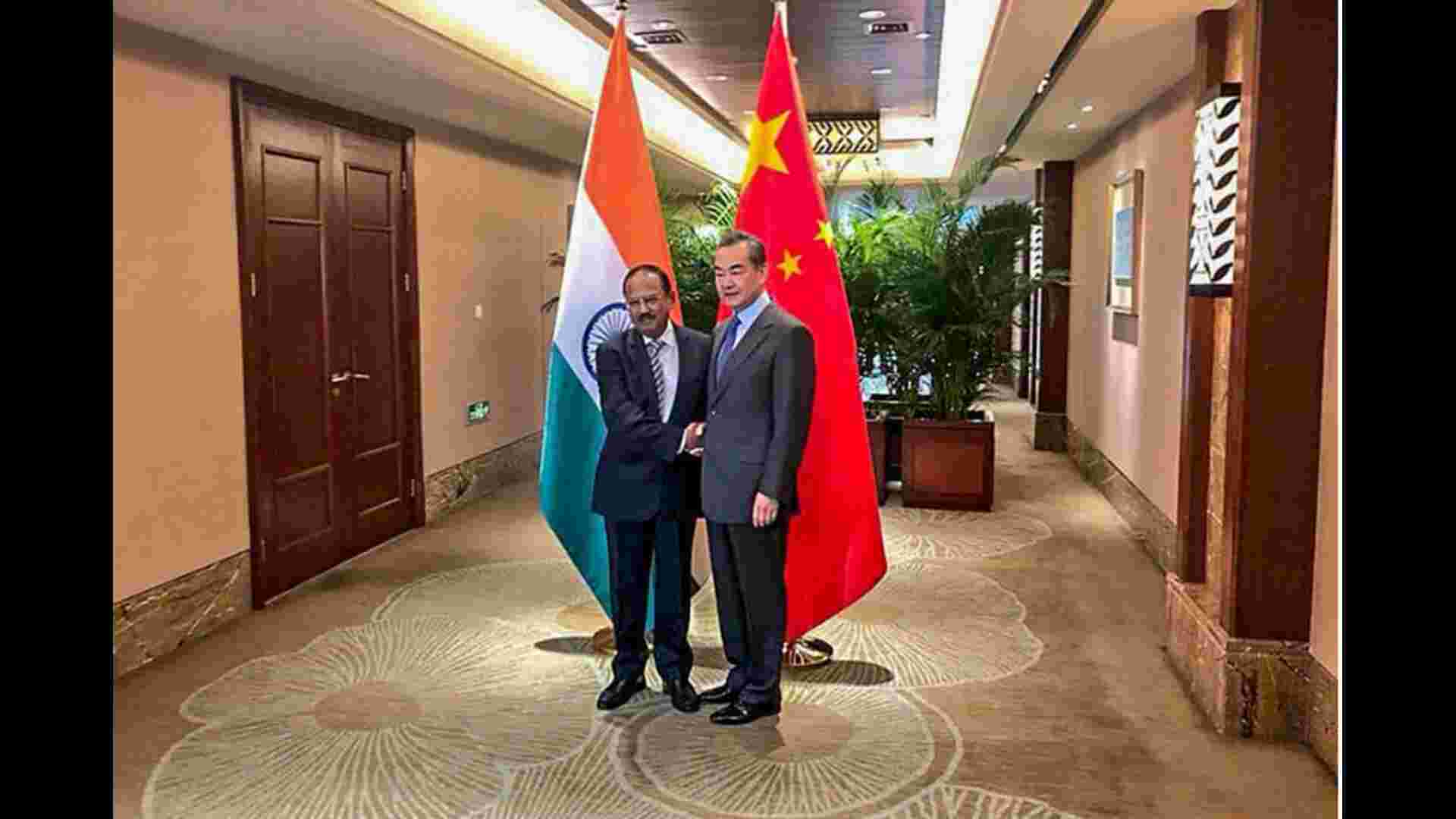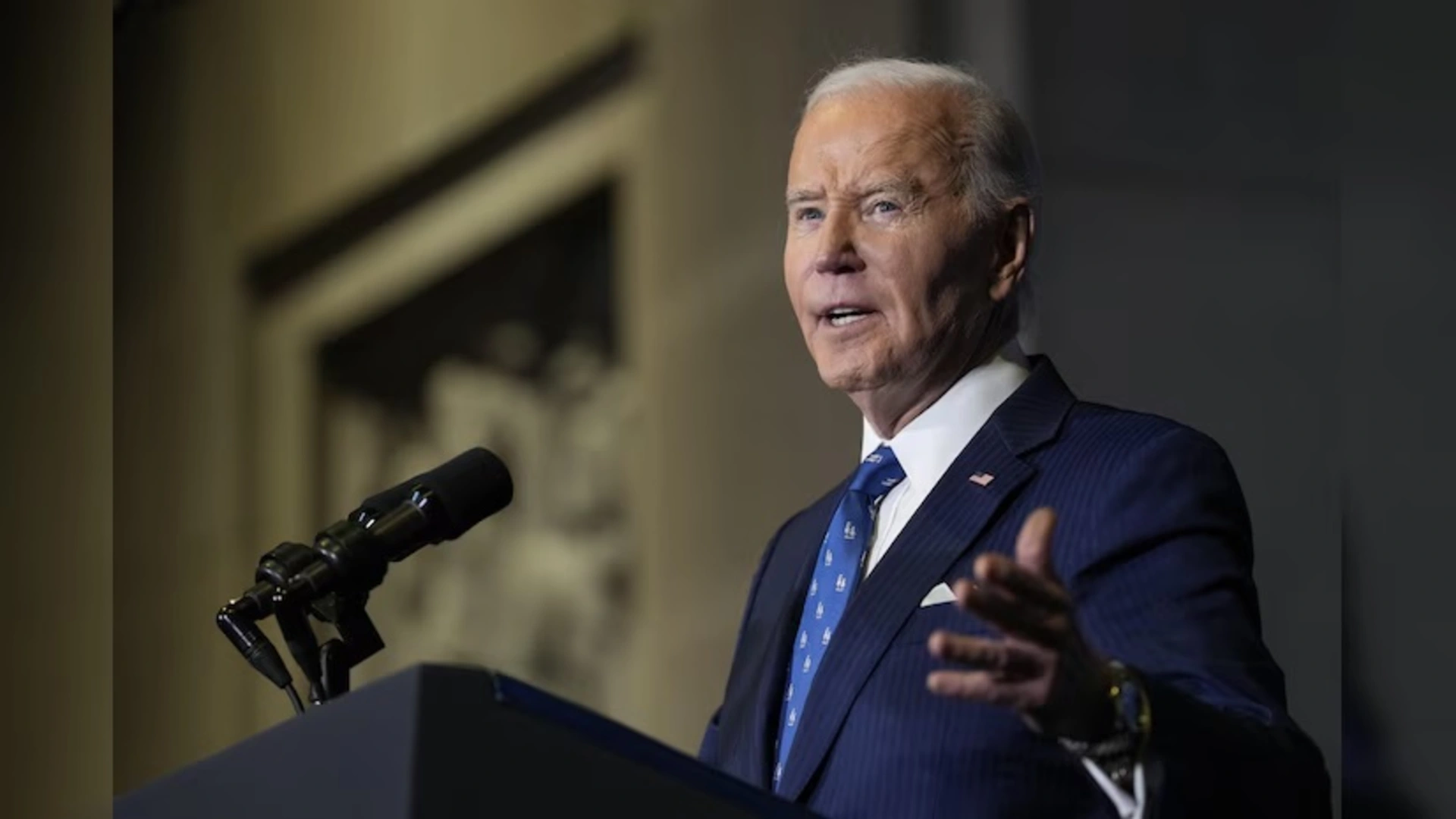
The value of engineering goods shipments registered a year-on-year growth of 238.27% during April, 2021 owing primarily to lower base effect and strong demand from traditional markets. This shows recovery in external trade is very much on track and improved trade outlook, said EEPC India Chairman Mahesh Desai.
“As vaccine coverage rises in Europe and North America we see further increase in demand. Shipments to China have already been quite healthy and we expect the trend to continue,” he noted.
As per data released by the government, India’s overall merchandise exports in April 2021 was US$ 30.63 billion, a jump of 195.72% over US$10.36 billion in April 2020. As compared to April 2019, exports in April 2021 exhibited a positive growth of 17.62%.
Mr Desai said that the recent surge in Covid cases has some downside risks to the growth as various state governments have imposed lockdowns and curfews to contain the spread of the virus.
“This has caused a slowdown in inter-state movement of goods and shortage of manpower. In order to address this, we urge the government to classify the export sector as the essential services,” he said.
The EEPC Chairman noted that the government has largely taken a very balanced approach to deal with the health crisis focussing both on saving lives and protecting livelihood.
In a very encouraging development, Department of Commerce has taken up various issues of exporters with the Finance Ministry for their early resolution. Some of the pending issues pertain to Remission of Duties and Taxes on Export Products (RoDTEP), Merchandise Exports from India Scheme (MEIS) and Inverted duty structure.
“Once resolved, it will further provide impetus to the export sector,” said Mr Desai.
Given the growth trends in previous fiscal and April this year, it is hoped that merchandise exports could touch $400 billion in FY22. The value of exports in the first week of May was up by almost 9% (over the same period last year) pointing to a positive trend, the EEPC Chairman concluded.
RBI SUPPORTS MEASURES TO HELP SMALL BUSINESSES HIT BY SECOND PANDEMIC WAVE
Besides providing liquidity support to small borrowers, the measures announced by RBI would boost confidence of the trade and business, said Desai.
“Over the last few months, India’s merchandise exports have shown an upward trend but the surge in new Covid cases has posed some downside risks. The relief measures announced by RBI for MSMEs should mitigate those risks,“ he added.
One of the key focus areas of the central bank was facilitating easy credit for entities in the health sector including vaccine manufacturers and suppliers of oxygen and ventilators. For this, an on-tap liquidity window of Rs 50,000 crore has been announced. This will help strengthen Covid infrastructure in the country and ensure that the impact of the second wave of the infection on the economy is minimal.
Another key support measure announced by the RBI was Resolution Framework 2.0 for Covid related stressed assets of individuals, small businesses and MSMEs. This is a major relief for small and medium players, noted Desai.
Among other things, the Production Linked Incentive (PLI) worth Rs 6,238 crore for air conditioners and LED lights would certainly give a big boost to local manufacturing. The various PLI schemes are being seen as the mega policy plan of the government to make India a global manufacturing hub, said Desai.
He noted that the PLI schemes were also being considered one of the major pull factors for MNCs looking to diversify their supply chains “This will not only bring fresh investments into the country but also offer opportunities for local firms to enter into technical tie-up and form joint ventures,” he said.
The government has so far cleared nine PLI schemes for different sectors. Both local and foreign players have shown keen interest in the scheme. Overall, an outlay of Rs 1.97 lakh crore has been lined up for 13 key sectors. All the schemes together are projected to boost India’s output by over US$ 500 billion in the next five years.
The additional manufacturing capacity coming under the PLI scheme would have a huge multiplier effect and help build a robust supply chain network linked with global giants. It will positively impact the SME sector and spur growth and employment, said Mr Desai applauding the policy action.















